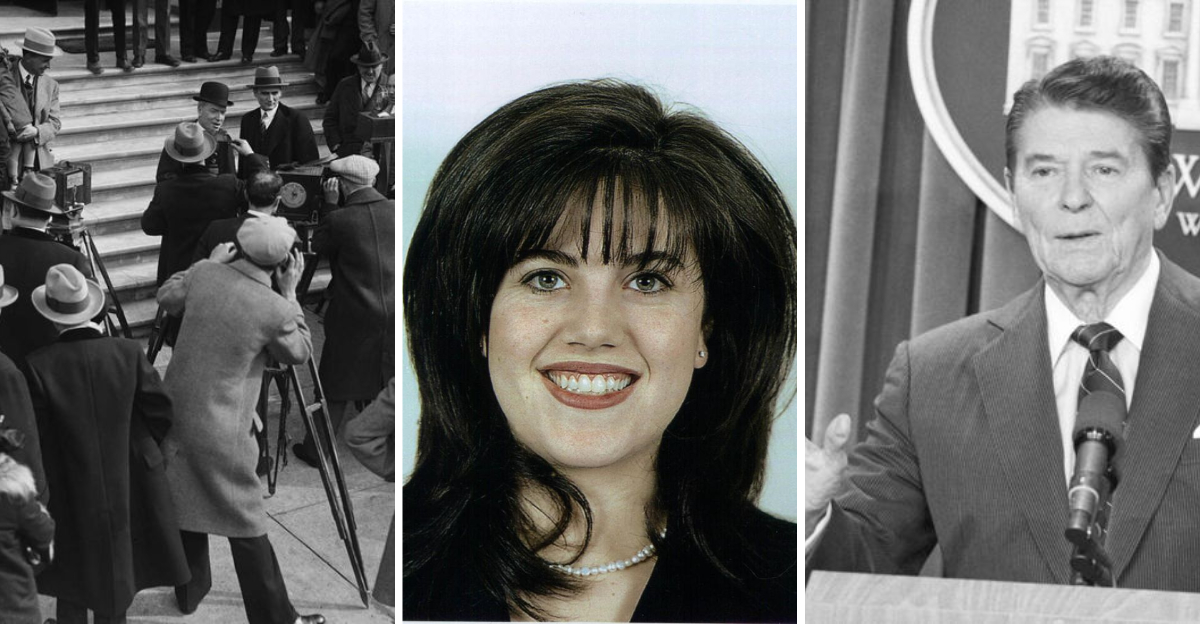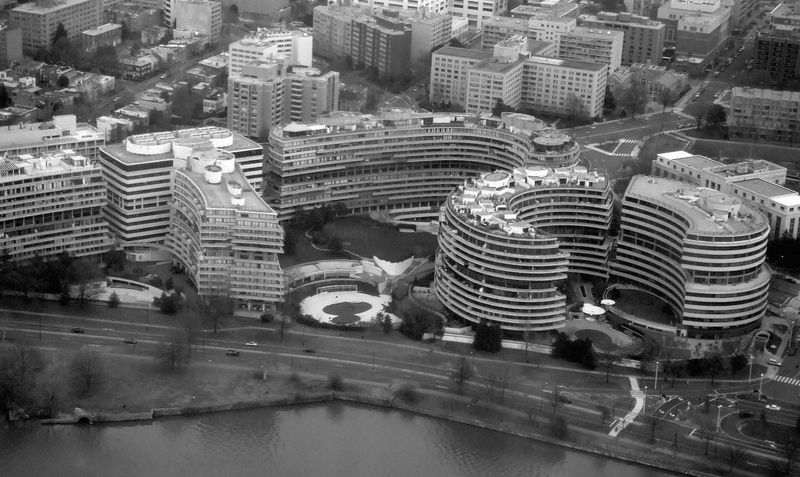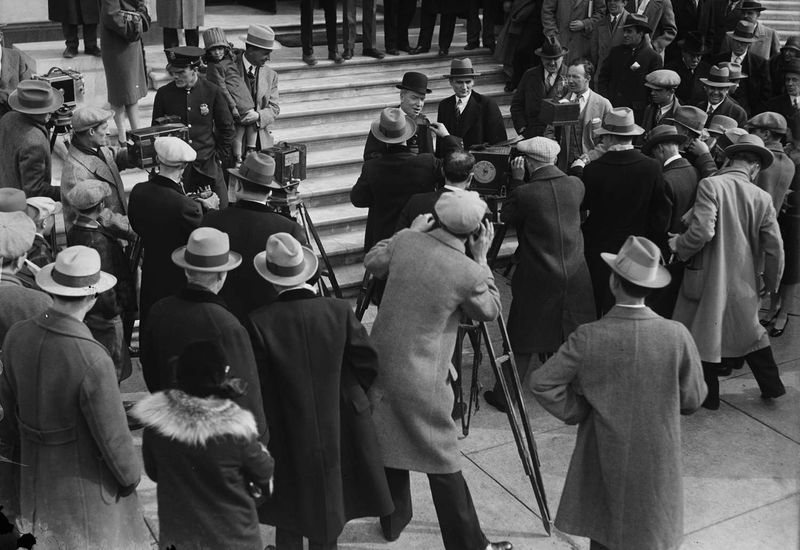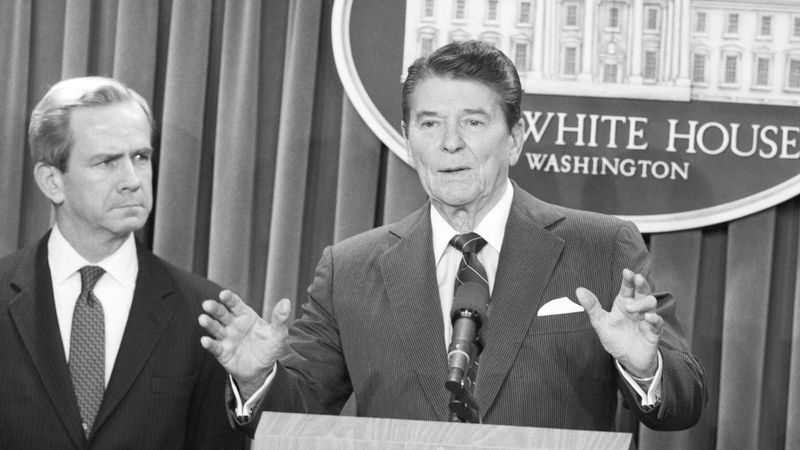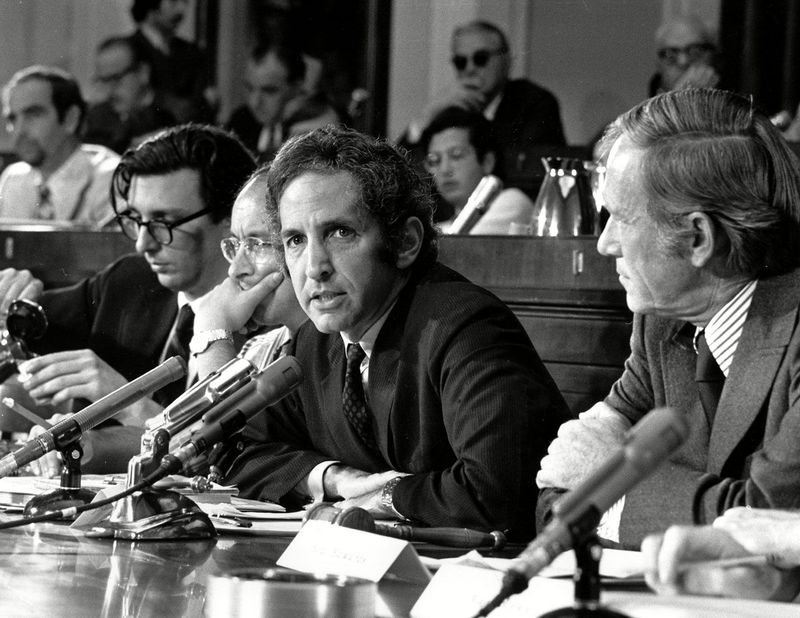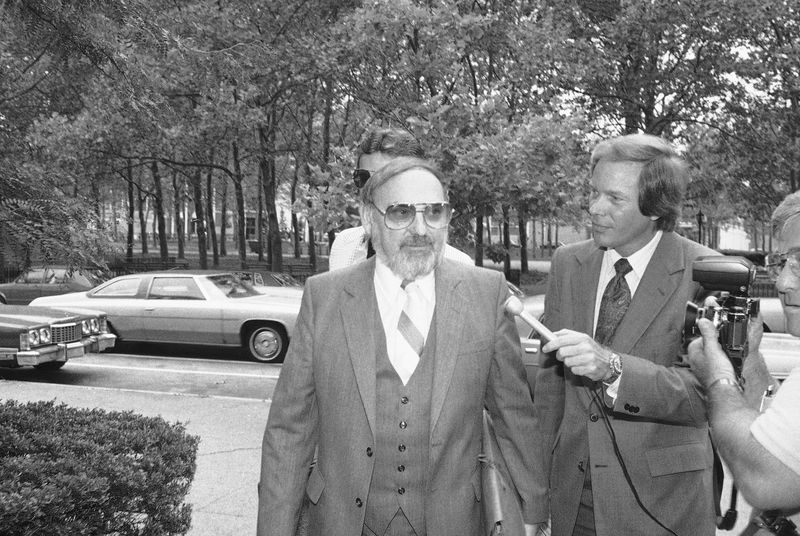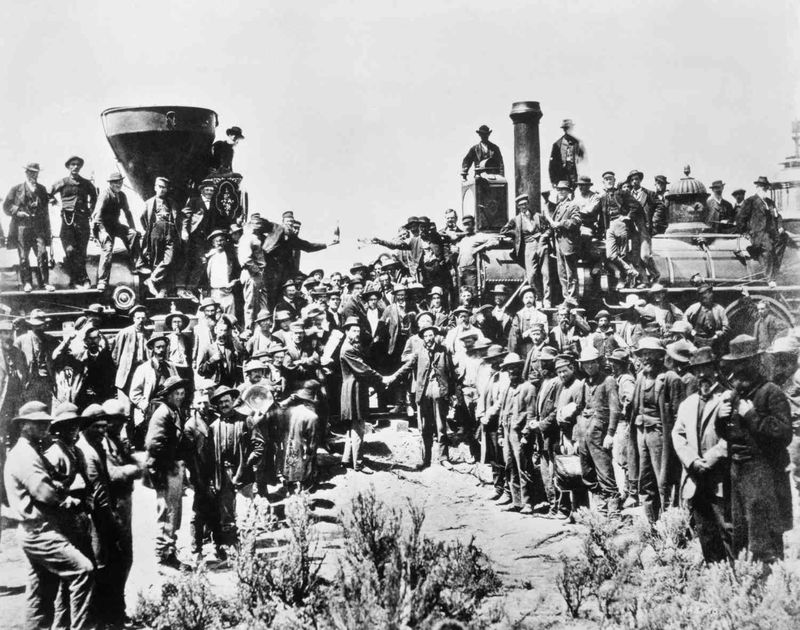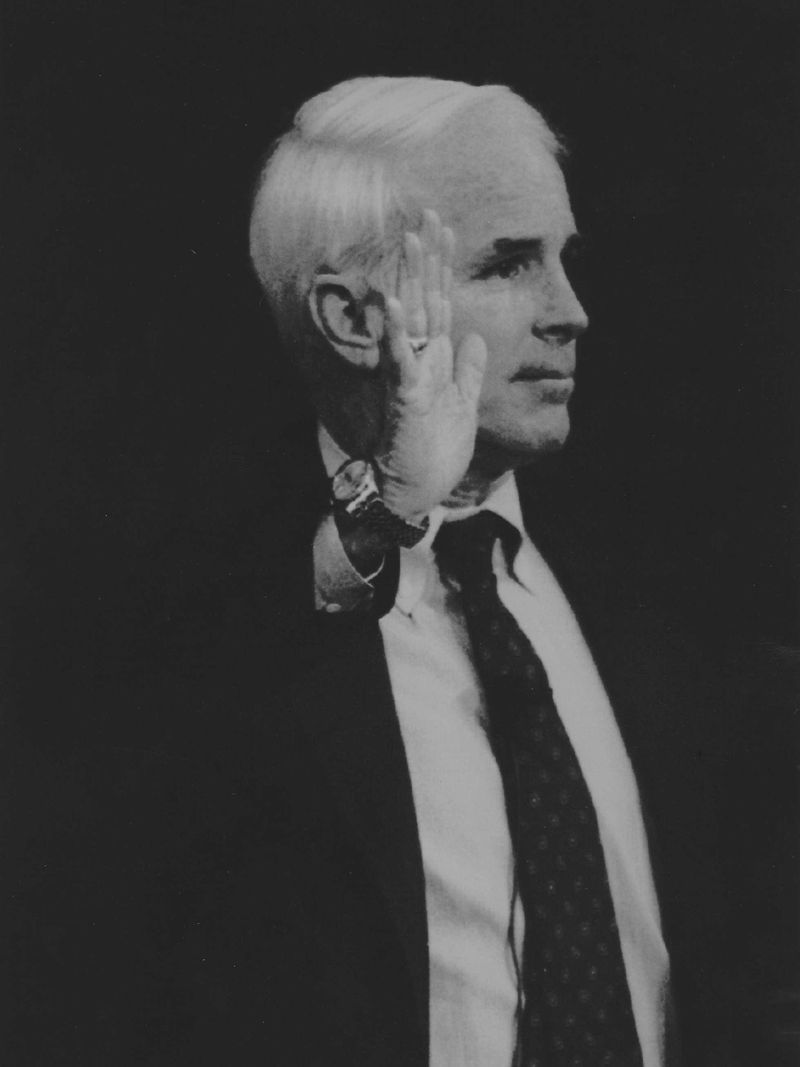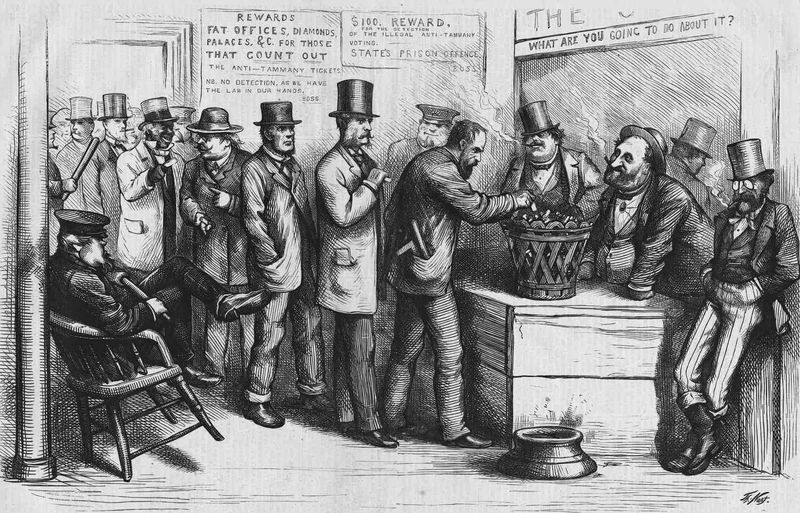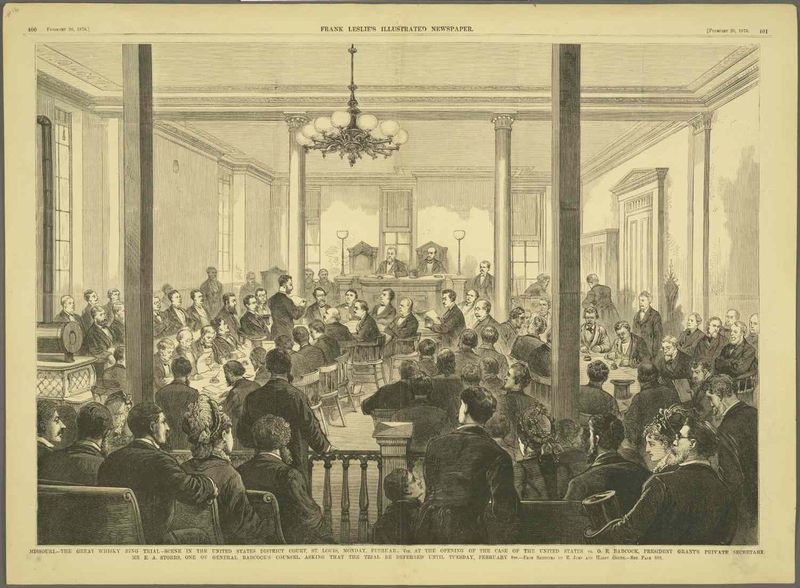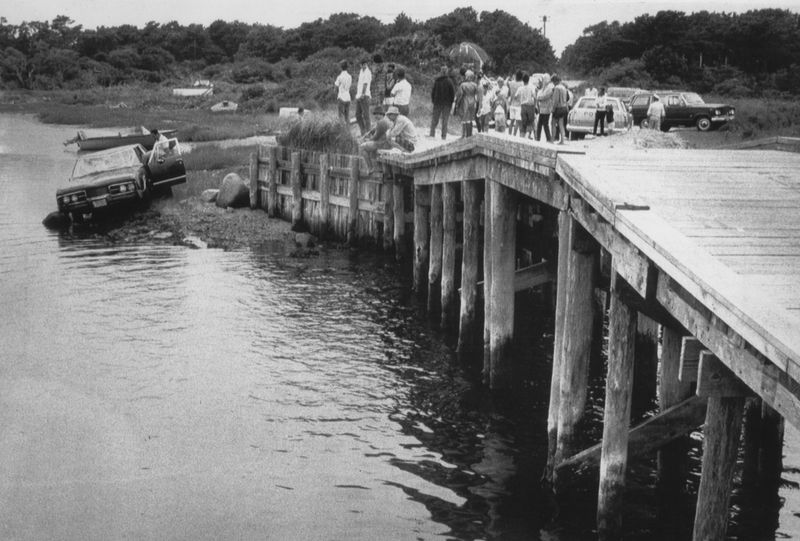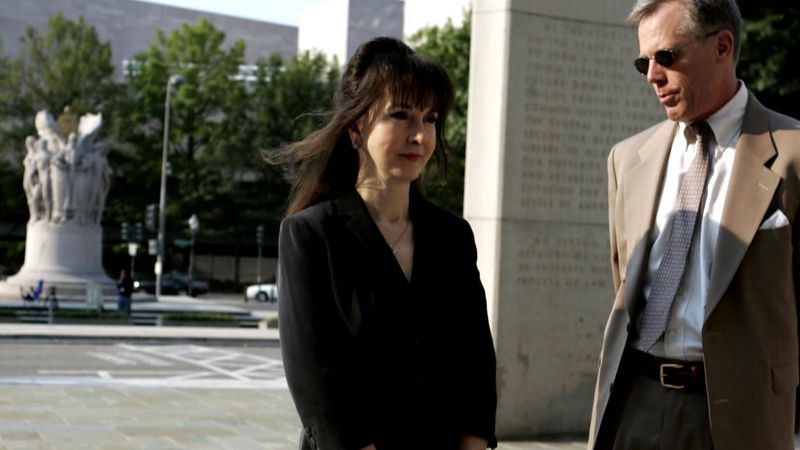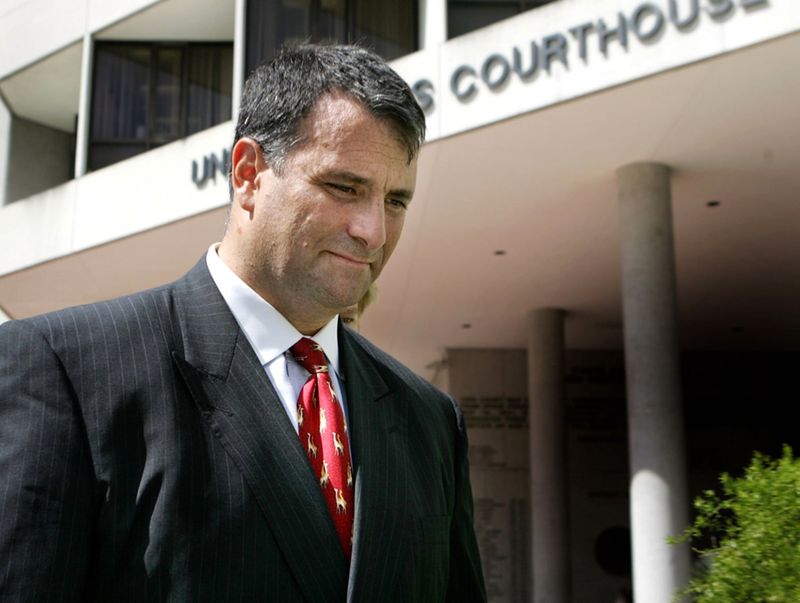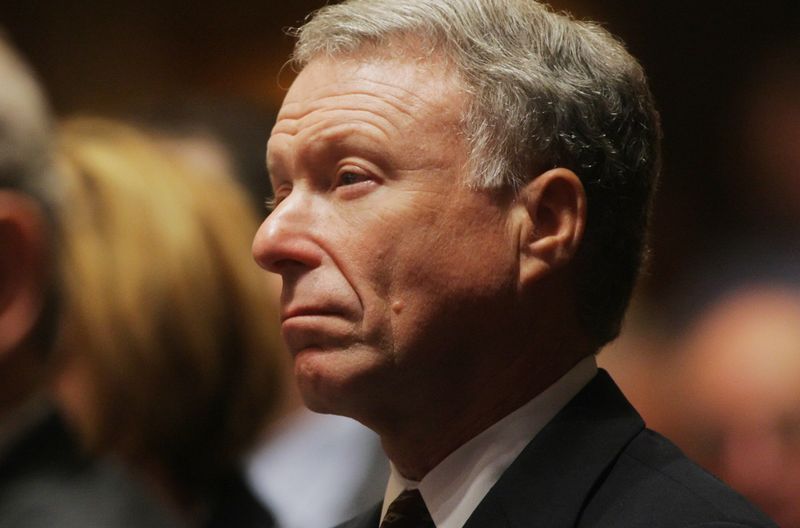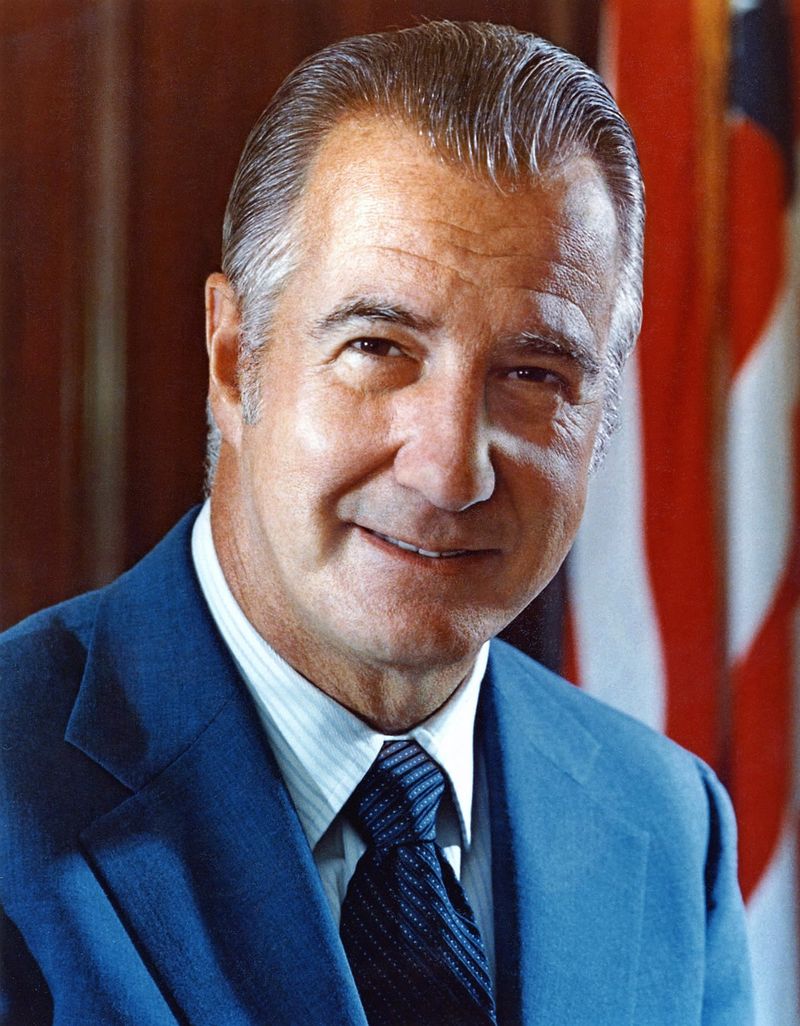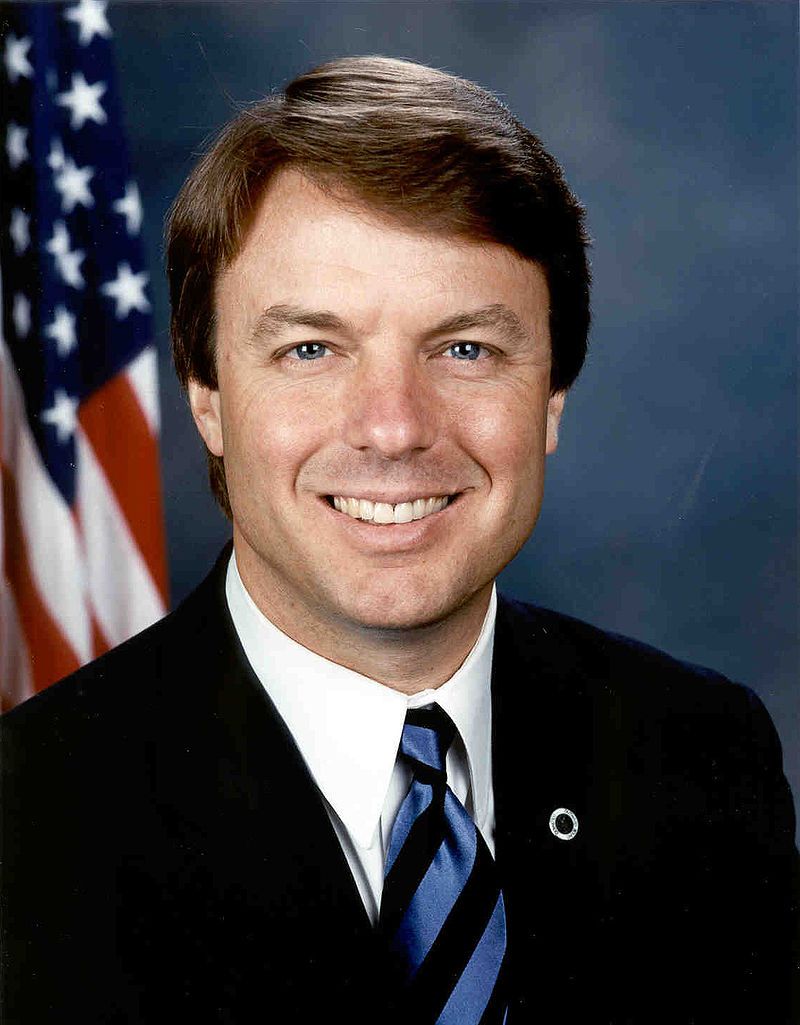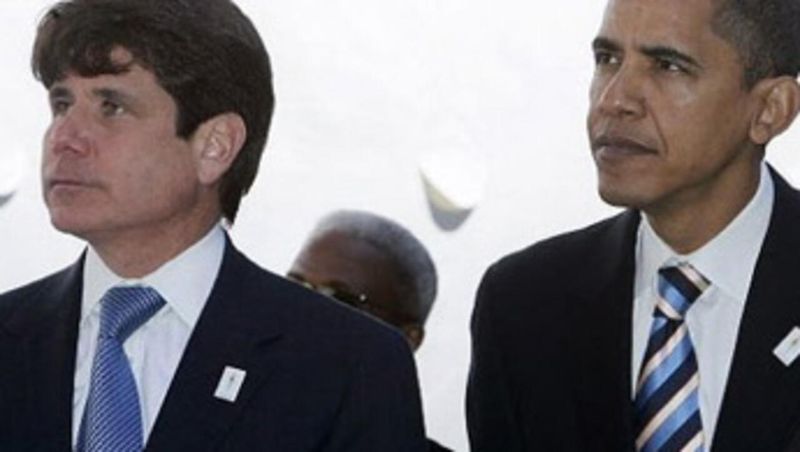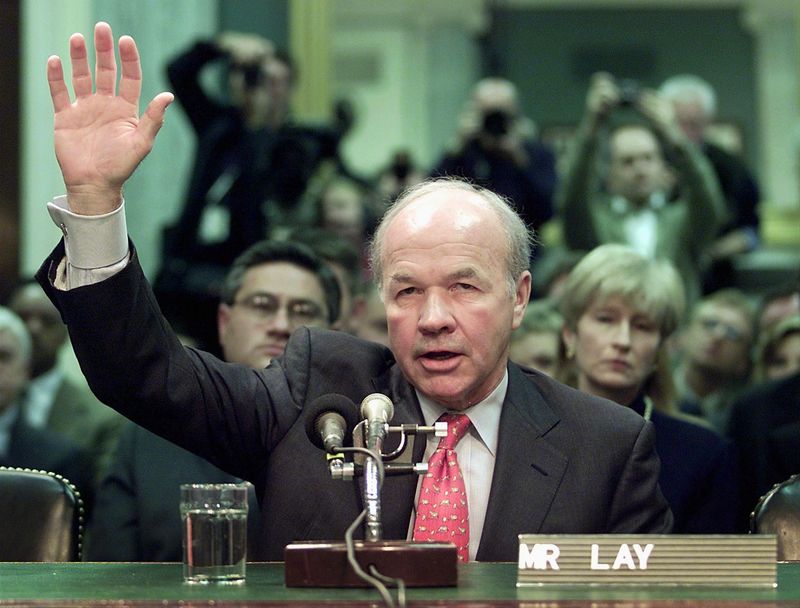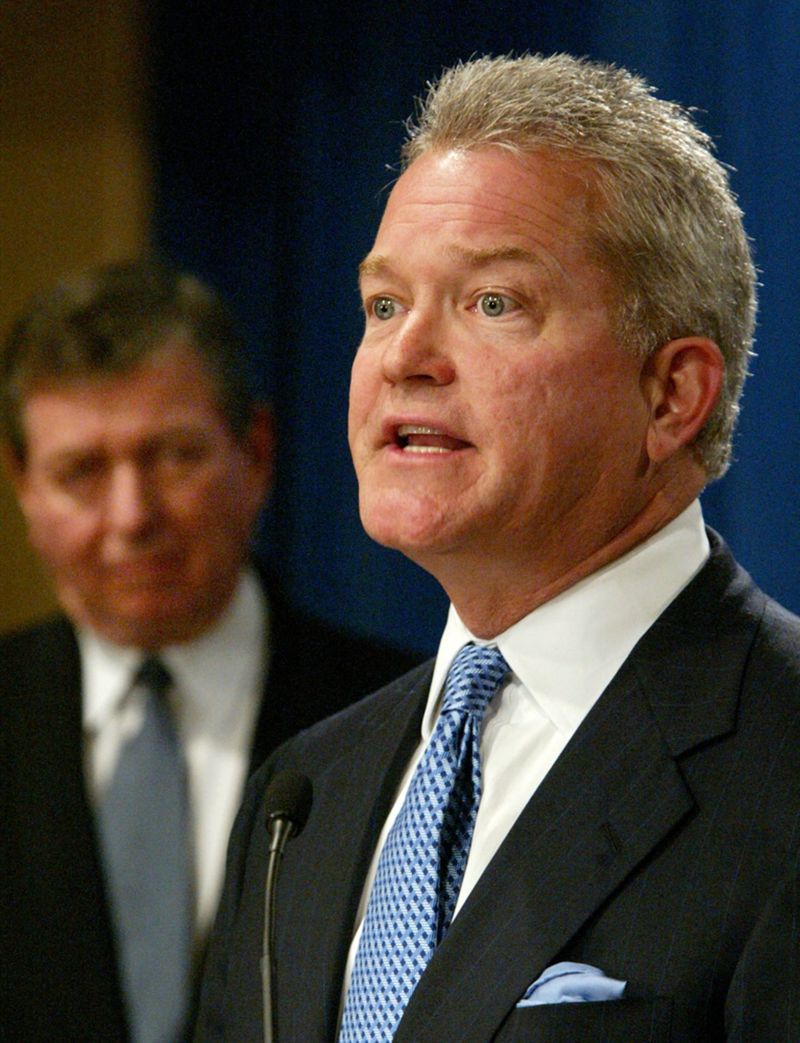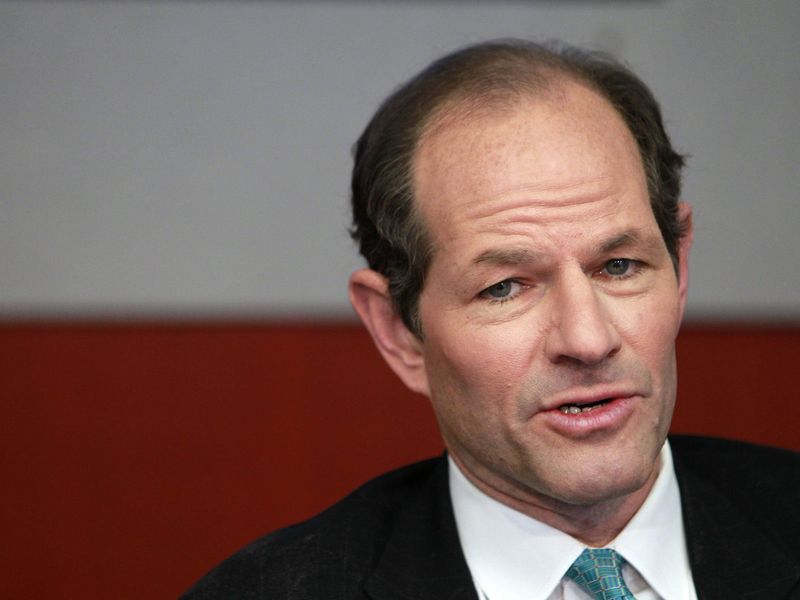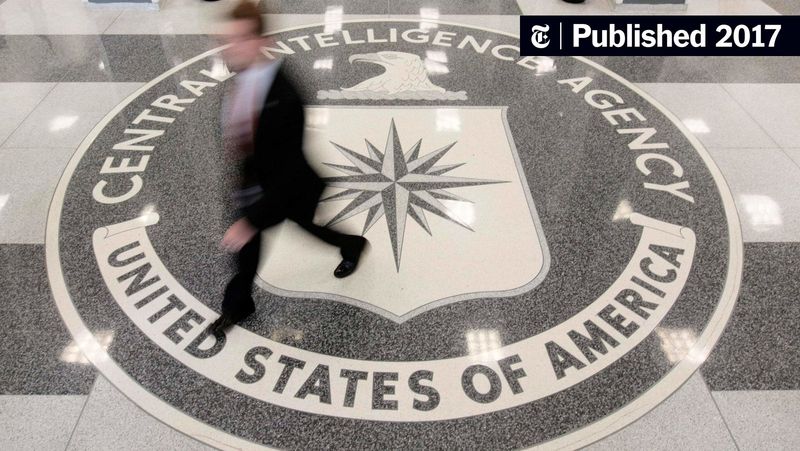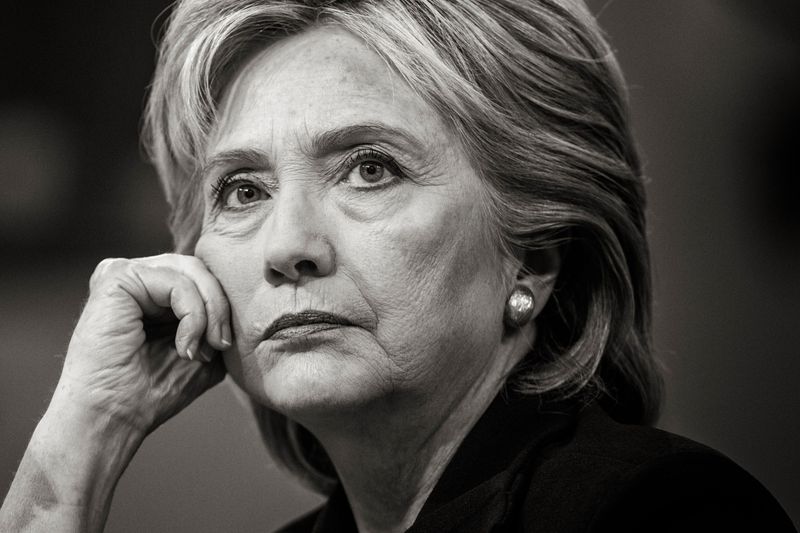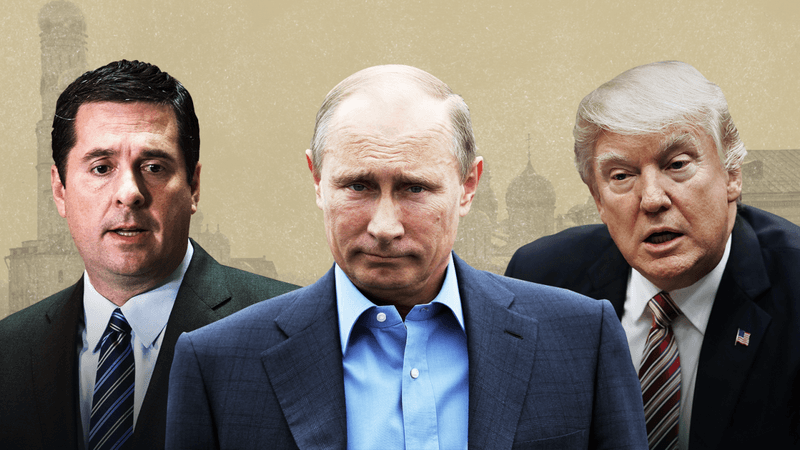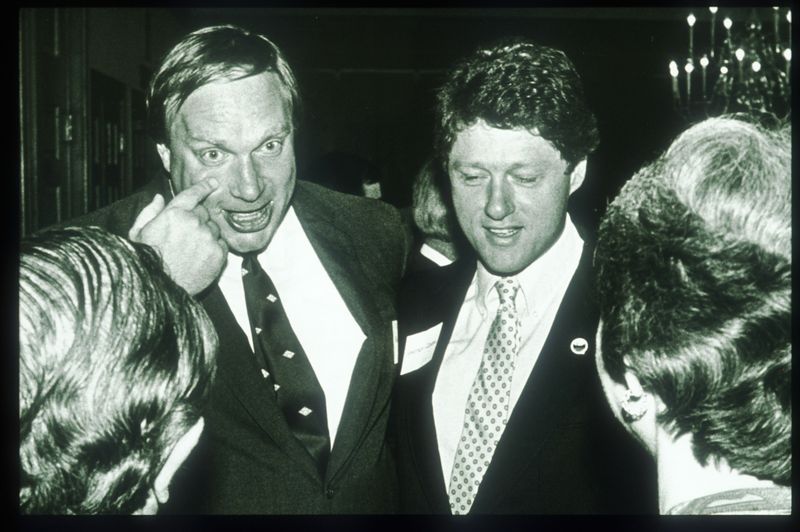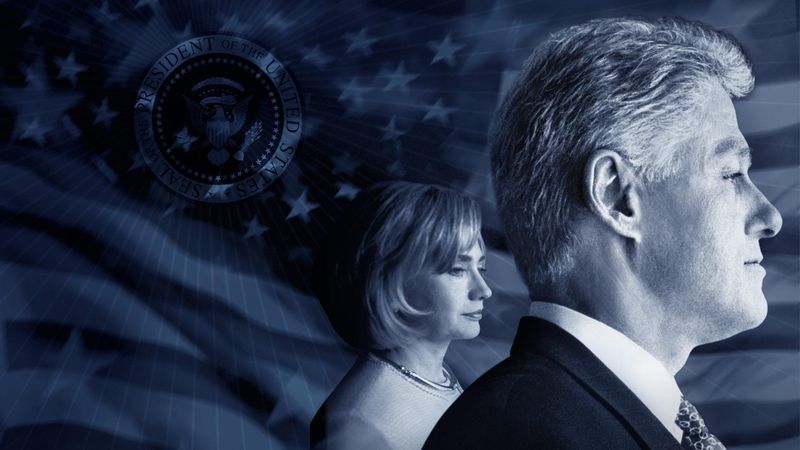American political history has been riddled with scandals that have shocked and captivated the nation.
These events have ranged from personal misconduct to large-scale political corruption, leaving a lasting impact on the political landscape.
Here’s a look at 26 such jaw-dropping scandals that have defined American politics.
1. Watergate Scandal
The Watergate scandal was a major political scandal in the 1970s involving President Richard Nixon’s administration. It began with a break-in at the Democratic National Committee headquarters and led to the discovery of widespread abuse of power.
Nixon’s attempts to cover up involvement resulted in the resignation of several officials and eventually led to his own resignation. The scandal exposed systemic corruption at the highest levels of government.
It highlighted the importance of accountability and transparency in politics, leading to widespread reforms in campaign finance and government ethics.
2. Teapot Dome Scandal
The Teapot Dome scandal of the 1920s involved a bribery incident under President Warren G. Harding’s administration. Secretary of the Interior Albert B. Fall leased Navy petroleum reserves at Teapot Dome in Wyoming to private oil companies without competitive bidding.
Fall received significant bribes, making it one of the most notorious examples of government corruption. The scandal led to a Senate investigation, resulting in Fall’s conviction for accepting bribes.
This incident underscored the need for transparency and ethical standards in government dealings, leading to reforms in public sector governance.
3. Monica Lewinsky Scandal
The Monica Lewinsky scandal was a political sex scandal involving President Bill Clinton and a White House intern, Monica Lewinsky, in the 1990s. The affair and subsequent cover-up attempts led to Clinton’s impeachment for perjury and obstruction of justice.
Though acquitted by the Senate, the scandal damaged Clinton’s reputation and heightened public awareness of personal conduct in politics.
It sparked debates on privacy, ethics, and the impact of personal lives on public service, influencing the discourse around political accountability and media scrutiny.
4. Iran-Contra Affair
The Iran-Contra affair was a political scandal in the 1980s during Ronald Reagan’s presidency. It involved secret arms sales to Iran, which was under an arms embargo, and using the proceeds to fund Contra rebels in Nicaragua.
This action violated U.S. law and led to a series of investigations and convictions. Key figures in the administration were implicated, though many were later pardoned.
The scandal raised significant questions about executive power, accountability, and foreign policy decision-making, leading to increased oversight of covert operations.
5. The Pentagon Papers
The Pentagon Papers were a classified report on the Vietnam War, leaked by Daniel Ellsberg in the 1970s. The documents revealed government deception about the war’s progress and intentions, sparking a significant scandal.
The Nixon administration’s attempt to block publication led to a landmark Supreme Court case on press freedom.
This scandal exposed the ethical dilemmas of government secrecy, reinforcing the role of journalism in holding power accountable and shaping public perception of military and governmental transparency.
6. Abscam Scandal
Abscam was an FBI sting operation in the late 1970s and early 1980s targeting political corruption. Undercover agents posed as representatives of a fictitious Arab company, offering bribes to public officials.
The operation led to several convictions, including six congressmen and a U.S. senator. The scandal revealed deep-rooted corruption in American politics and highlighted the effectiveness of undercover operations.
It sparked debates on the ethics of entrapment and the techniques used in law enforcement, influencing future anti-corruption efforts.
7. The Credit Mobilier Scandal
The Credit Mobilier scandal of the 1870s was a significant political scandal involving the Union Pacific Railroad and the Crédit Mobilier construction company. Key politicians were implicated in a scheme to inflate construction costs to line their own pockets.
The scandal rocked the Grant administration and exposed flaws in government oversight during the era. It led to congressional investigations and highlighted the need for more stringent regulatory frameworks.
This event served as a poignant reminder of the potential for corruption in public-private partnerships and the importance of ethical governance.
8. The Keating Five
The Keating Five were five U.S. senators accused of corruption in 1989 during the savings and loan crisis. They were alleged to have intervened improperly to protect Charles Keating, whose Lincoln Savings & Loan Association collapsed, costing taxpayers billions.
The scandal led to a Senate investigation and reform in campaign finance laws.
This incident highlighted the impact of political influence on financial regulations and underscored the need for transparency and accountability in governmental financial oversight.
9. Tammany Hall Scandal
Tammany Hall, the Democratic Party political machine in 19th-century New York City, was synonymous with corruption and influence peddling. Under William ‘Boss’ Tweed’s leadership, Tammany Hall controlled city politics through patronage and bribery.
Tweed and his cohorts embezzled millions from the city, leading to his arrest and downfall.
The scandal exposed the dark side of political machines and led to reforms in municipal governance, emphasizing the need for accountability and transparency in public service.
10. The Whiskey Ring
The Whiskey Ring scandal of the 1870s involved government officials, whiskey distillers, and distributors in a tax evasion scheme. The conspiracy aimed to defraud the federal government of millions in liquor taxes.
The scandal implicated members of President Ulysses S. Grant’s administration, including his personal secretary.
It led to numerous indictments and convictions, highlighting the pervasive corruption of the era and prompting calls for reform in federal revenue collection and oversight.
11. Chappaquiddick Incident
The Chappaquiddick incident in 1969 involved Senator Ted Kennedy and the death of Mary Jo Kopechne. Kennedy’s car plunged off a bridge on Chappaquiddick Island, Massachusetts, resulting in Kopechne’s death.
Kennedy’s delay in reporting the accident raised suspicions and marred his political career. The scandal sparked debates on privilege, accountability, and the legal process.
It became a turning point in public scrutiny of political figures and highlighted the impact of personal actions on political legitimacy.
12. The D.C. Madam Scandal
The D.C. Madam scandal unfolded in the 2000s with the uncovering of a prostitution ring run by Deborah Jeane Palfrey. The scandal implicated several high-profile politicians and government officials in Washington D.C.
The exposure of the client list led to resignations and public embarrassment for those involved.
This scandal brought to light the intersections between personal and political lives, raising questions about morality, privacy, and the responsibilities of public figures.
13. The Bridgegate Scandal
The Bridgegate scandal in 2013 involved the intentional closure of lanes on the George Washington Bridge, orchestrated by aides of New Jersey Governor Chris Christie. The closures were allegedly politically motivated, causing massive traffic jams in Fort Lee as retribution against a local mayor.
The scandal led to federal charges and convictions of key aides, although Christie himself was not charged.
This incident highlighted the misuse of political power and the impact of petty retribution on public infrastructure and trust.
14. The Jack Abramoff Scandal
The Jack Abramoff scandal in the 2000s involved the lobbying activities of Jack Abramoff, who was found guilty of conspiracy, fraud, and tax evasion. Abramoff’s corrupt dealings with lawmakers and influence over governmental decisions led to multiple convictions.
This scandal exposed the pervasive influence of money in politics and led to reforms in lobbying regulations.
It emphasized the need for greater transparency and accountability in the interactions between lobbyists and public officials to maintain public trust.
15. The Scooter Libby Scandal
The Scooter Libby scandal in the 2000s involved the leak of CIA officer Valerie Plame’s identity, leading to Libby’s conviction for perjury and obstruction of justice. Libby, Chief of Staff to Vice President Dick Cheney, was implicated in revealing Plame’s covert status.
The scandal highlighted issues of national security, political retribution, and the balance between government transparency and security.
President George W. Bush later commuted Libby’s sentence, but the incident left a lasting impact on the discourse surrounding governmental secrecy and accountability.
16. The Spiro Agnew Scandal
The Spiro Agnew scandal in the 1970s involved the Vice President of the United States, who was implicated in bribery and tax evasion. Agnew accepted bribes during his tenure as Governor of Maryland and continued while in office as Vice President.
Facing criminal charges, Agnew resigned in 1973, marking the first resignation of a U.S. Vice President due to criminal activity.
This scandal underscored the importance of integrity and ethics in public office, leading to greater scrutiny of political figures and their conduct.
17. The John Edwards Scandal
The John Edwards scandal in the 2000s involved the former U.S. Senator and presidential candidate, who was exposed for having an extramarital affair and fathering a child with his mistress.
Edwards was further implicated in campaign finance violations, allegedly using funds to cover up the affair. Though acquitted of criminal charges, the scandal destroyed his political career.
This incident highlighted the potential impact of personal indiscretions on public life and the legal implications of misusing campaign resources for personal reasons.
18. The Blagojevich Scandal
The Blagojevich scandal involved Illinois Governor Rod Blagojevich, who was arrested in 2008 for attempting to sell the U.S. Senate seat vacated by President-elect Barack Obama.
Convicted on multiple corruption charges, Blagojevich’s actions exposed the extent of political corruption in state politics.
The scandal led to his impeachment and removal from office, serving as a stark reminder of the potential for abuse of power and the need for vigilance in political oversight.
19. The Enron Scandal
The Enron scandal of the early 2000s involved the Enron Corporation, an American energy company, which used fraudulent accounting practices to hide its financial losses.
The scandal led to the company’s bankruptcy and the dissolution of Arthur Andersen, one of the largest audit firms.
This event highlighted the need for corporate transparency and accountability, leading to significant reforms in financial regulations and corporate governance, including the Sarbanes-Oxley Act to prevent future corporate fraud.
20. The Mark Foley Scandal
The Mark Foley scandal erupted in 2006 when it was revealed that Congressman Mark Foley had sent sexually explicit messages to teenage congressional pages.
Foley’s actions led to his resignation and sparked a larger investigation into the handling of the incident by Congressional leadership.
This scandal raised concerns about the welfare and protection of young people in government roles and highlighted the importance of ethical behavior and oversight within political institutions.
21. The Eliot Spitzer Scandal
The Eliot Spitzer scandal in 2008 involved the Governor of New York, who was exposed for soliciting prostitutes. Spitzer, known for his tough stance on ethics, faced public scrutiny and resigned from office.
The scandal was a significant fall from grace for a politician who had been a champion of reform and accountability.
It underscored the challenges of maintaining personal integrity in public life and the consequences of personal failings for public officials.
22. The CIA Torture Scandal
The CIA torture scandal emerged in the 2000s, detailing the use of enhanced interrogation techniques on detainees during the George W. Bush administration.
Widespread criticism and investigations followed, with debates on human rights, legality, and the effectiveness of such methods.
The scandal led to policy changes and emphasized the importance of ethical standards in intelligence and military operations, sparking ongoing discussions on the balance between security and human rights.
23. The Clinton Email Scandal
The Clinton email scandal in the 2010s involved former Secretary of State Hillary Clinton’s use of a private email server for official communications. The controversy centered on the handling of classified information and potential security risks.
Investigations ensued, impacting Clinton’s 2016 presidential campaign.
This scandal underscored the importance of cybersecurity and transparency in governmental communications, influencing future policies on the handling of sensitive information.
24. The Trump-Russia Investigation
The Trump-Russia investigation centered on allegations of Russian interference in the 2016 U.S. presidential election and potential collusion with Donald Trump’s campaign.
Led by Special Counsel Robert Mueller, the investigation resulted in several indictments and convictions.
The scandal emphasized the need for election security and integrity, leading to ongoing debates about foreign influence in American politics and the mechanisms for ensuring transparent and fair electoral processes.
25. The Whitewater Scandal
The Whitewater scandal in the 1990s involved a failed real estate investment by Bill and Hillary Clinton and their associates. Allegations of impropriety led to extensive investigations and multiple convictions, though the Clintons were never charged.
The scandal underscored the potential pitfalls of political and financial entanglements.
It highlighted the complexities of legal and ethical standards in political life, contributing to a broader understanding of the importance of transparency and accountability.
26. The Travelgate Scandal
The Travelgate scandal during the early 1990s involved the firing of seven employees from the White House travel office, leading to allegations of cronyism and political favoritism.
Critics argued that the firings were intended to replace staff with associates of the Clintons.
The controversy led to investigations and highlighted the challenges of managing public perceptions and ethical considerations in political appointments and dismissals.
